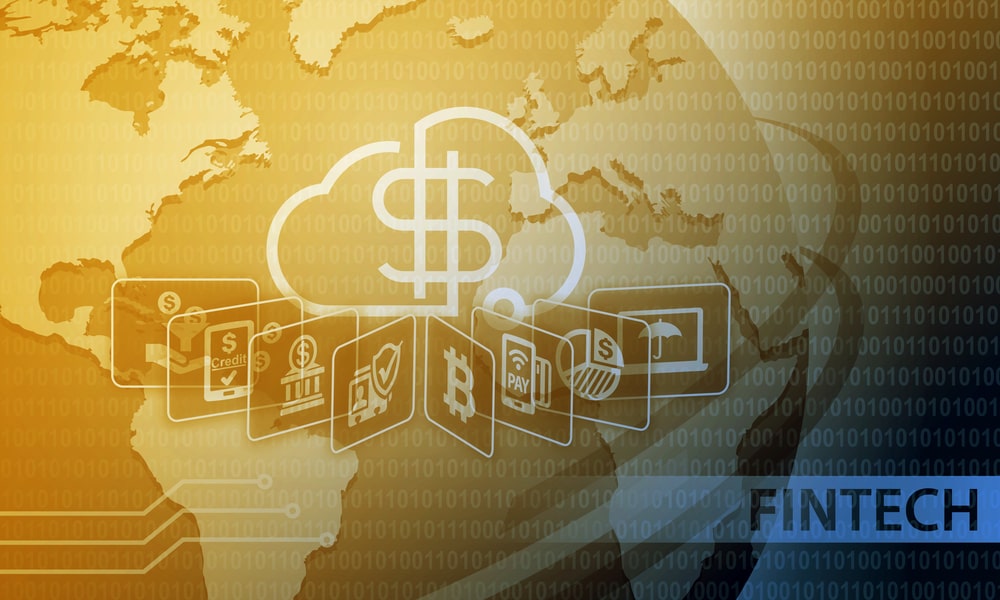Neobanks is just one of many exciting names that apply to banks operating without physical branches. So called “challenger banks” started to spring up like mushrooms after the financial crisis in the late 2000’s, as a response to a system that lost its credibility and trust among customers and felt too slow, too centralized, but also reckless and unregulated when it comes to caring for their customers. Innovators in the financial system started coming up with alternatives that led to a booming industry, under the umbrella term of FinTech.

One of the most important advantages of neobanks over regular ones is their efficiency, speed and cost-effectiveness. These banks rely to an extent on existing infrastructure - especially ATMs, but also kiosks and supermarkets in order to provide their clients with access to basic cash withdrawals - and reduce the bulkiness of a bank by digitizing and simplifying the rest of the procedures. They are seamless. Their costs, and so their fees, are lower, giving them an upper hand over still rather costly traditional banks. Moreover, they lowered access barriers to banking to individuals who previously would struggle to get a bank because of various requirements: salary, minimum deposit, fixed address, etc. Challenger banks became a much needed source of innovation and democratization of banking services - and it’s still a very young industry with much to learn and offer.
How do neobanks operate?
Neobanks use information technology to replace the physical infrastructure of banking institutions, moving along with the digitization of money and the financial world in general. If most of the monetary exchange happens in the virtual world, there is less and less need for branches and offices. They are being replaced by applications, both mobile and computer-compatible, software, and websites. They still differ from online banks, though - the main difference being a range of services they offer. Online banks are closer to oldschool ones, with loans and credits as part of their portfolio.
When considering a switch to a neobank, it’s worth exploring the various services they have in offer. Neobanks can be quite limited, fitting mostly the basic needs. And the digital interface can be challenging to some. But more importantly, it’s useful to check in which ways is the bank you’re considering joining insured - are there state protections that guarantee your money? Is there an affiliation to a bigger, traditional bank that assures the safety of your finances?
What’s the business model behind neobanks?
We’ve talked a bit about the affordability and seamlessness of a neobank - but how is all that improvement possible with a profit?
The main source of income are interchanges, paid by the merchants when customers use their debits cards to purchase goods. Neobanks are allowed to charge much higher fees than other financial institutions. Same applies to ATM withdrawals, for which banks can charge a lot when it comes to machines that are not affiliated with it.
Are neobanks safe?
Before joining a neobank, it’s worth checking what type of bigger financial institution has partnered with it and what type of security it offers. Otherwise, they are protected by the general consumer laws that apply in your country. Depending on the license under which the bank operates, it might be protected by e-money or payment institution license.
What are the advantages and disadvantages of Neobanks?
In short pros of being in a neobank are:
- Lower fees in comparison to other banks, also online banks
- Higher interest rates - it actually tends to happen more often with neobanks than with your regular brick-and-mortar ones
- They’re comfortable and easy to use, especially when it comes to the basic financial transactions.
Cons of neobanks:
- You have to do the homework and see whether the institution is insured and reliable. In case of trouble, it’s either the national regulations or affiliation with a bigger bank that will secure your savings
- Don’t count on in-person service. These banks operate mostly, if not solely, online and you can only access support via other channels - phone, apps, chatbots.
- They offer a less expansive range of services - focusing on daily, basic transactions and needs.
